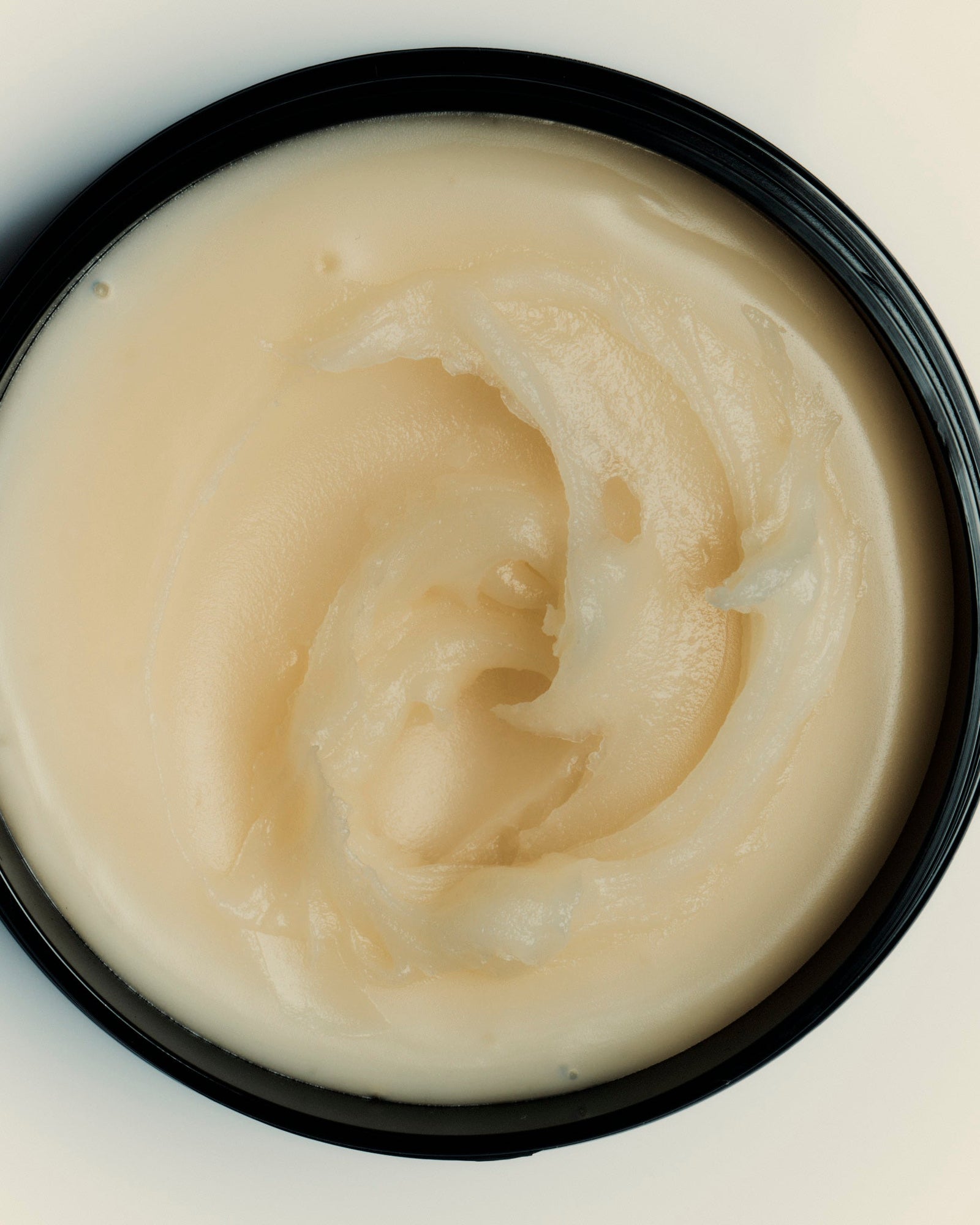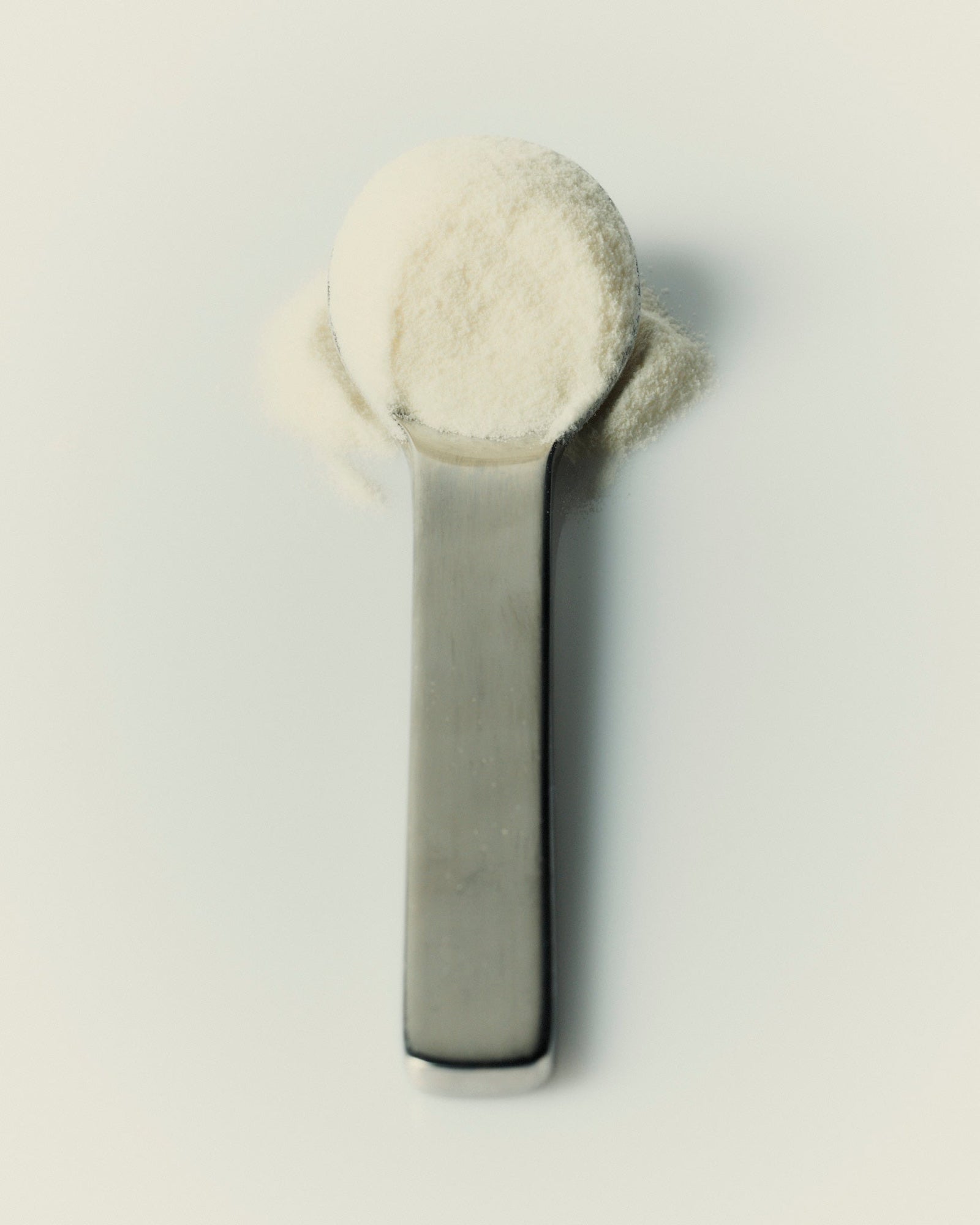
Written by Georgia Hartmann of Hormone Health Studio, Naturopath, Nutritionist & Women’s Health Expert.
After seventeen hours of active labour with my first son, Otto, we experienced a whirlwind of emotions. We had a baby with 100% tongue tie who lost a significant amount of weight in his first week, and we had a mother with an incredibly low milk supply (I pumped a total of 3mL in a 24-hour period) and sky-rocketing anxiety. The shocking thing is that I commonly hear a variation of this breastfeeding journey in my clinical practice.
So, whether you are pregnant or currently on your breastfeeding journey, this article is for you.
The role human milk plays in providing nourishment for the infant is well appreciated. Less appreciated are the many other functions of breastfeeding, which have far-ranging lifelong effects on the health of mothers and children. I’m talking protection from infection, establishment and nourishment of bub’s gut microbiome, developmental programming (breast milk contains many components such as stem cells, immune cells, growth factors, cytokines, hormones that support the development of many systems), nutrition and hydration, hormonal regulation, stress reduction, pain relief, the list goes on![1-9]
Interestingly, exposure to breastfeeding behaviour such as eye contact and touch are also thought to contribute to neurocognitive development including an ability to recognise and respond to social cues. Similarly, an interesting study found that children who were breastfed had higher vocabulary at age three and intelligence at age seven.[10-12]
By no means is this information to make any mother feel guilty or ashamed if their breastfeeding journey didn't go to plan, but rather to empower and educate.
I’d like to say that by no means is this information to make any mother feel guilty or ashamed if their breastfeeding journey didn't go to plan, but rather to empower and educate you on how best to support yourself on this journey. So, with this in mind, here are my top tips for supporting breastfeeding.

Optimise Nutrition to Support Breastfeeding
Breastfeeding is not a time to restrict calories. Rather, it is a time to completely nourish your body and fuel your baby. This is why I have three non-negotiables when it comes to optimising nutrition while breastfeeding.
2. Get the Macronutrients In
Macronutrients refer to protein, carbohydrates and fat. They are each essential building blocks for our cells and support energy, satiety, hormonal balance, and milk supply. [13-14]
Protein is obtained from foods such as nuts, seeds, legumes, beans, lean meat, poultry, eggs, dairy, fish, and tempeh. For those following more of a plant-based diet, you also get protein from foods such as quinoa, spirulina, chia seeds and hemp seeds. Ensuring you have a serving of protein with each meal stabilises blood sugar levels and maintains energy throughout the day (even when you are sleep deprived).[15]
When it comes to carbohydrates, quality matters. Healthy carbohydrates such as unprocessed or minimally processed whole grains, vegetables, fruits and beans—promote good health by delivering vitamins, minerals, fibre, and a host of important phytonutrients. Whereas, unhealthy carbohydrates including white bread, pastries and processed foods contribute to weight gain and promote chronic conditions such as diabetes and heart disease.[16]
Trans fats impact baby’s development and are associated with weight gain, diabetes and heart disease.
Same goes with fat. The type of fat we want to avoid is calledtransfat. This is found in highly processed foods including cakes, biscuits, donuts, fast food, and the like.Trans fats impact baby’s development and are associated with weight gain, diabetes and heart disease.Saturated and unsaturated fat, however, are a much better option. These healthy fats are found in foods such as salmon, sardines, tuna, coconut products, dairy products, avocado, olive oil, nuts, seeds, and eggs.[17-18]
2. Get Support on Adequate Micronutrients
Once you have the foundations right with the macronutrients, it is time to look at the key micronutrients (vitamins and minerals) required for maintaining milk supply, energy, and supporting mood. I’m talking about nutrients such as iron, folate, choline, zinc, vitamin D, vitamin B12, the list goes on.
Iron, folate, choline, zinc, vitamin D and vitamin B12 are some of the key vitamins and minerals required for maintaining milk supply, energy, and supporting mood.
While it is best to seek advice from your naturopath on specific foods as well as nutritional and herbal supplements to support your breastfeeding journey, you can find many micronutrients in meat, fruits and vegetables. Variety is key.[13]
3. Maintain Hydration
Water is fundamental to human health. Water dissolves nutrients and waste products, transports them to the kidneys, and are filtered and excreted as urine. Water is also required forvarious biochemical reactions in the body, thereby maintaining cell activity and regulating body temperature.
Fun fact: water constitutes 75% of body weight in infants and 50% of body weight in adults. Moreover, almost 90% of breast milk is water.
Aim for at least 3L filtered water daily.
Not only does dehydration affect milk supply, it is also associated with kidney stones, chronic kidney disease, urinary tract infections, cardiovascular diseases, metabolic disease, and affects mood and memory. So, aim for at least 3L filtered water daily. If you’re thirsty, drink more. Ensure you have a glass of water next to you each time you sit down to breastfeed and carry a water bottle with you when you’re out and about.[19-20]
About the author:
Having been diagnosed with Premature Ovarian Failure two years prior to conceiving her first child naturally, Georgia’s passion lies within helping women overcome their hormonal imbalances through the blend of conventional and complementary medicine. For additional support, you can contact Georgia via:
IG: hormonehealthstudio
W: www.hormonehealthstudio.com
E: hello@hormonehealthstudio.com

References:
[1]Collado, M.C., et al. Microbial ecology and host-microbiota interactions during early life stages.Gut Microbes,2012. 3(4). PMID:22743759[2]Pacheco, A.R., et al. The impact of the milk glycobiome on the neonate gut microbiota.Annual Review of Animal Biosciences,2015. PMID:25387230.
[3] Hassiotou, F., et al. Immune cell–mediated protection of the mammary gland and the infant during breastfeeding.Advances in Nutrition,2015. 6(3). PMID:25979492.
[4]Jost, T., et al. Vertical mother-neonate transfer of maternal gut bacteria via breastfeeding.Environmental Microbiology, 2014. 16(9). PMID:24033881.
[5]Liu, B., et al. Human milk glycoproteins protect infants against human pathogens.Breastfeeding Medicine,2013. 8(4)PMID:23697737.
[6]Hamosh, M., et al. Digestive enzymes in human milk: stability at suboptimal storage temperatures.Journal of Pediatric Gastroenterology & Nutrition,1997. 24 (1). PMID:9093984.
[7]Çatli, G., et al. Adipokines in breast milk: an update.Journal of Clinical Research in Pediatric Endocrinology,2014. 6(4). PMID:25541889.
[8]Mariana, A., et al. Feto-Maternal Crosstalk in the Development of the Circadian Clock System.Frontiers in Neuroscience,2021. PMID:33510617.
[9]Shah, P.S., et al. Breastfeeding or breast milk for procedural pain in neonates.Cochrane Database of Systematic Reviews,2012. PMID:23235618.
[10]Straub, N., et al. Economic impact of breast-feeding-associated improvements of childhood cognitive development, based on data from the ALSPAC.British Journal of Nutrition, 2019. PMID:31638500.
[11] Jedrychowski, W., et al. Effect of exclusive breastfeeding on the development of children’s cognitive function in the Krakow Prospective Birth Cohort Study.European Journal of Pediatrics,2012. 171(1). PMID:21660433.
[12] Belfort, M.B., et al. Infant feeding and childhood cognition at ages 3 and 7 years: effects of breastfeeding duration and exclusivity.JAMA Pediatrics, 2013. 167(9). PMID:23896931.
[13] Kominiarek, M.A. Nutrition Recommendations in Pregnancy and Lactation.Medical Clinics of North America, 2016. 100(6). PMID:27745590.
[14] Carreiro, A.L., et al. The macronutrients, appetite and energy intake. Annual Review of Nutrition,2016. PMID:27431364.
[15] Azzout-Marniche, D., et al. Dietary protein and blood glucose control.Current opinion in Clinical Nutrition & Metabolic Care,2014. 17(4). PMID:24839951.
[16] Schwingshackl, L., et al. Long-term effects of low glycemic index/load vs. high glycemic index/load diets on parameters of obesity and obesity-associated risks: a systematic review and meta-analysis.Nutrition, Metabolism & Cardiovascular Disease,2013. 23(8). PMID:23786819.
[17] Ren, X., et al. Systematic Literature Review and Meta-Analysis of the Relationship Between Polyunsaturated and Trans Fatty Acids During Pregnancy and Offspring Weight Development.Frontiers in Nutrition,2021. PMID:33842522.
[18] \Verneque, B.J.F., et al. Ruminant and industrial trans-fatty acids consumption and cardiometabolic risk markers: A systematic review.Critical Reviews in Food Science & Nutrition,2020. PMID:33081490.
[19] Nakamura, Y., et al. Effect of Increased Daily Water Intake and Hydration on Health in Japanese Adults.Nutrients,2020. 12(4). PMID:32340375.
[20] Martin, C.R., et al. Review of Infant Feeding: Key Features of Breast Milk and Infant Formula.Nutrients,2016. 8(5). PMID:27187450.




















